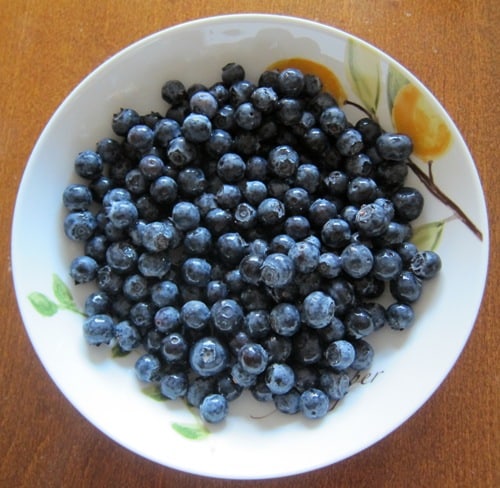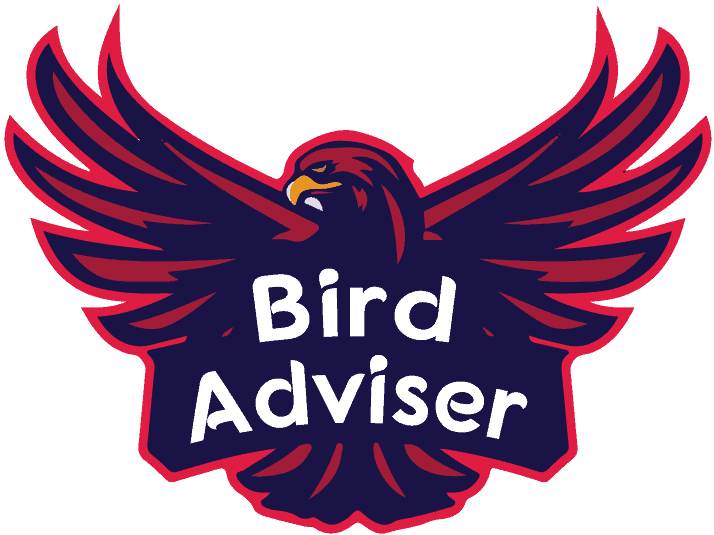Either you have brought a cockatiel some days ago or you are planning to get one, the first thing that you get concerned about is the food that you give to them. One of the questions that may come up in your mind can be Can Cockatiels Eat Blueberries? and even if they can then how much and with what interval?
Firstly, the answer is Yes, cockatiels can eat blueberries. In fact, they enjoy eating them. Cockatiels are food-loving birds and seeds, fruits, berries are on top of your favorite list. But the actual question is how much and when should you give Blueberries to your Cockatiels. Blueberries are full of nutrition and when given in a proper amount are proven as good for their health.
Before giving blueberries to your feathery pet note down that setting blueberries as a regular diet for cockatiels is not a good idea. Knowing about the amount of nutrition present in the blueberries is the best way to decide that how much quantity should be given to your pet that would not be harmful to his health.

Are Blueberries Healthy for Cockatiels?
Yes, Blueberries are juicy packs of nutrition that are filled with vitamins and antioxidants and are regarded as the best food for your pet to grow and maintain a healthy physique.
Blueberries Nutritional Values
| Nutrients | Quantity |
| Energy | 57 Calories |
| Protein | 0.7 grams |
| Fat | 0.3 grams |
| Water | 84% |
| Sugar | 10 grams |
| Fiber | 2.4 grams |
| Sodium | 1 mg |
| Potassium | 77 mg |
| Calcium | 6 mg |
| Iron | 0.3 mg |
| Magnesium | 6 mg |
| Phosphorous | 18 mg |
| Zinc | 0.24 |
| Carbohydrates | 21.9 g |
| Protein | 0.7 g |
Source: https://www.healthline.com/nutrition/foods/blueberries
Benefits of Blueberries for Cockatiels
Blueberries are often labeled as one of the superfoods because of their low calories and high nutrition.
1. Vitamin
Vitamin C is essential for your cockatiel’s overall health, it will help boost the immune system of your cockatiel by washing away the harmful metals from the body which could lead to a faster healing mechanism in them.
2. Potassium
Potassium is a mineral that can help to reduce the risk of heart disease and helps promote the muscle mass of your bird.
3. Magnesium
Magnesium is an extremely important mineral that plays a role in calcium thus forming strong bones and beaks. Along with healthy skin and feathers.
4. Iron
Iron creates hemoglobin, which is responsible for carrying oxygen around the body. Iron makes cockatiels invulnerable to anemia, the most common blood-related disease.
5. Potassium
Blueberries contain good levels of potassium, which Cockatiels need for their bones and muscles to grow and develop properly. it helps to regulate a range of bodily functions, including nerve signals and muscle contractions.
6. Fiber
Blueberries contain some fiber, that helps soften stools and keep things regular. it keeps the digestive system of the bird keep going smooth and healthy.
How Often Can Cockatiels Eat Blueberries?
Although fruits such as blueberries are good for the health of your pet they should not be the primary food for your pet. Therefore, 2-3 times a week is the ideal number of times you should give blueberries to your pet. If your pet shows any signs that he doesn’t like this fruit quit giving it not all the cockatiels like blueberries. So, if it shows signs of discomfort after eating blueberries take the bird immediately to your closest vet.
Giving too many blueberries to the baby cockatiels can cause Diarrhea in them. Keep in mind that the intake of high amounts of sugar content can cause health problems in your pet so you should give blueberries as an occasional treat to keep them healthy and safe.
Are there any harmful effects of blueberries on cockatiels?
The overconsumption of blueberries is a problem because they help destroy these free radicals, leaving the cockatiels vulnerable to deficiencies.
Another harmful effect can be due to pesticides. Pesticides are a risk to your bird’s health. If yours comes into contact with these chemicals, they’re likely to experience vomiting, and abdominal pain instability, and seizures. Therefore, you should always choose organic berries as they’re less likely to be treated with pesticides. and always wash them properly before feeding them to your bird.
Can Cockatiels Eat Frozen Blueberries?
Yes, they can eat frozen berries but keep in mind that you should always defrost them before giving them to your bird because their stomach may not cope with the cold blueberries and can cause an upset stomach but frozen blueberries lock in their nutritional factors that are healthy for cockatiels. Organic blueberries should be your first priority.
Can Cockatiels Drink Blueberry Juice?
Yes, Cockatiels can drink blueberry juice. This is another way to provide nutrition to your bird but you should always make juice yourself at home and it should be thick inconsistency. Blueberry juice brought from the market has a high amount of sugar which is not preferable for the health of your bird. You can also mix this juice in other pellets of your bird to fill them with more minerals, vitamins, and energy.
Conclusion
When fed in the proper amount, blueberries are one of the healthiest fruits to add to cockatiels diet and can help keep them healthy. providing them foods with a great nutritional profile is the best way to ensure your cockatiels doesn’t miss out on any essential vitamins and minerals.
FAQ
Can Cockatiels Eat Dried Blueberries?
Yes, some birds like to eat dried fruits but fresh blueberries are preferable because of containing a high amount of water. Due to the lack of water in dried blueberries, your bird may overconsume them without realizing it and can get an upset stomach.
Are The Seeds of Blueberries Safe for Cockatiel?
The seeds of blueberries are very tiny and contain no such harmful components so, no need to worry about removing the seeds of blueberries.
What can cockatiels eat for a treat?
- Strawberries
- Watermelon
- Papaya
- Kiwi
- Honey Stick
Last Updated on March 22, 2023 by Lily Aldrin

